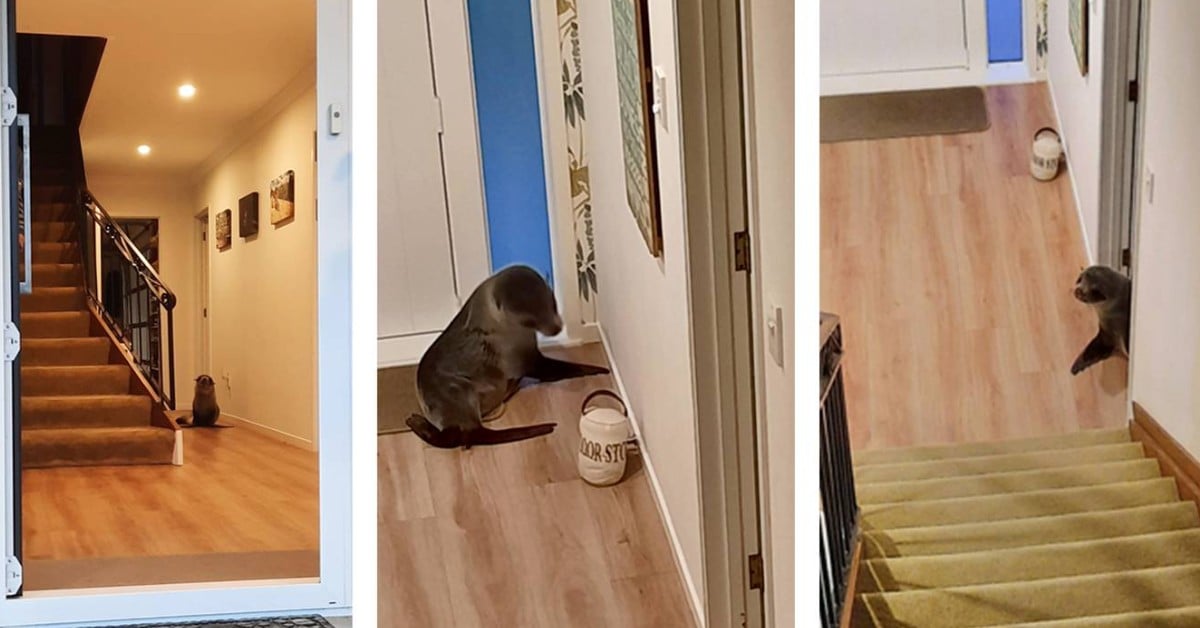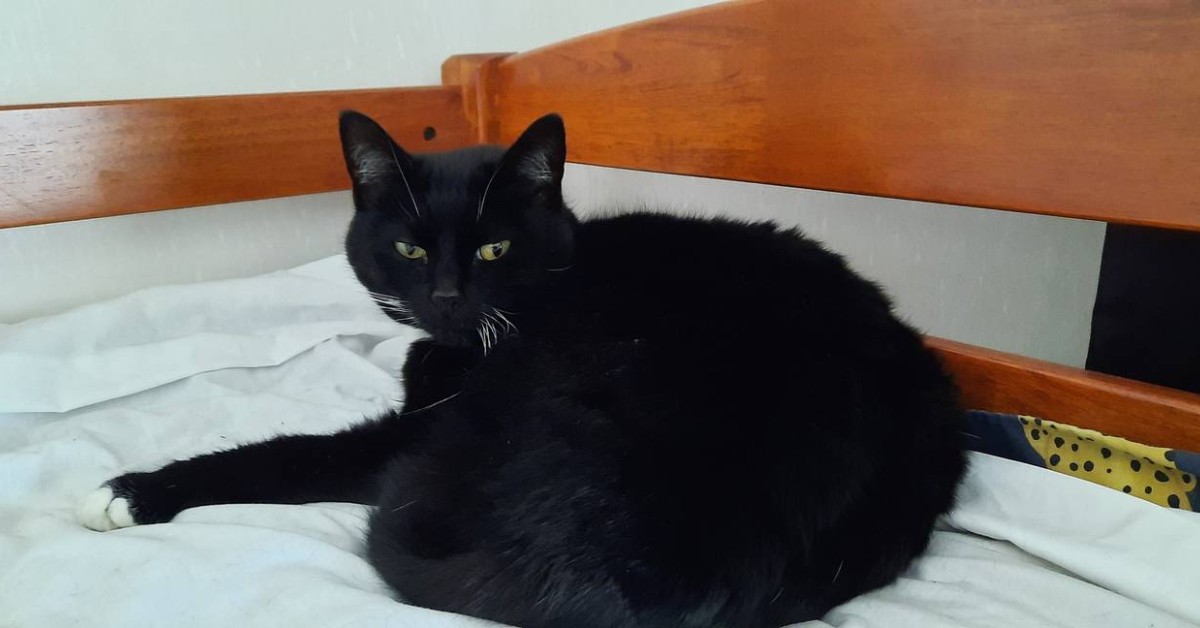
Jenn Ross noticed that some buckets in her garage were knocked over when she returned from the gym on the morning of August 22, 2022. Believing it may be the result of the family cat, Coco, chasing after a bird, she did not give it much thought. However, she soon discovered the true culprit lounging in her hallway — an adorable young New Zealand fur seal!
The marine mammal spent some time exploring the spare room before settling down on the couch. Jenn finally managed to lead it out the front door and into the garden about an hour and a half later. Shortly after, a ranger from the Department of Conservation retrieved the seal and returned it to the ocean.

The Ross family home in Mount Maunganui, New Zealand, is about 500 feet (150 meters) from the sea. This made it easy for the young seal — nicknamed Oscar— to shuffle up the shore. Jenn's husband, Phil Ross, is a marine biologist at the University of Waikato. He suspects the seal followed Coco into the house through the cat flaps.
"I haven't heard of seals going through cat flaps before, but I blame our cat. Coco is fairly territorial and tends to have a go at dogs. I imagine she took a swipe at the seal, which didn't back down, and then proceeded to chase her up the side of the house and through two cat flaps, into the garage, then into the downstairs part of our house," Phil explained to FOX 9 in an email.

The couple's two children — Noah, 12, and Ari, 10 — were excited to see their new "pet." However, Coco, who had sought refuge at the neighbor's house during the seal's visit, was petrified. Upon returning home, the traumatized cat refused to go downstairs for a number of days.
The New Zealand fur seal — kekeno in Maori — is the most common seal in New Zealand. The marine mammals, hunted down for food, were on the brink of extinction in the 1800s. But their population has climbed to over 200,000 since the passage of New Zealand's 1978 Marine Mammals Protection Act.
Resources: theguardian.com, BBC.com, Foxnews.com
